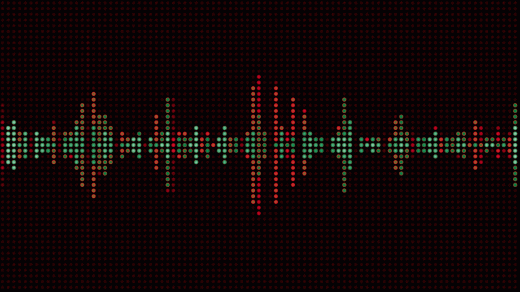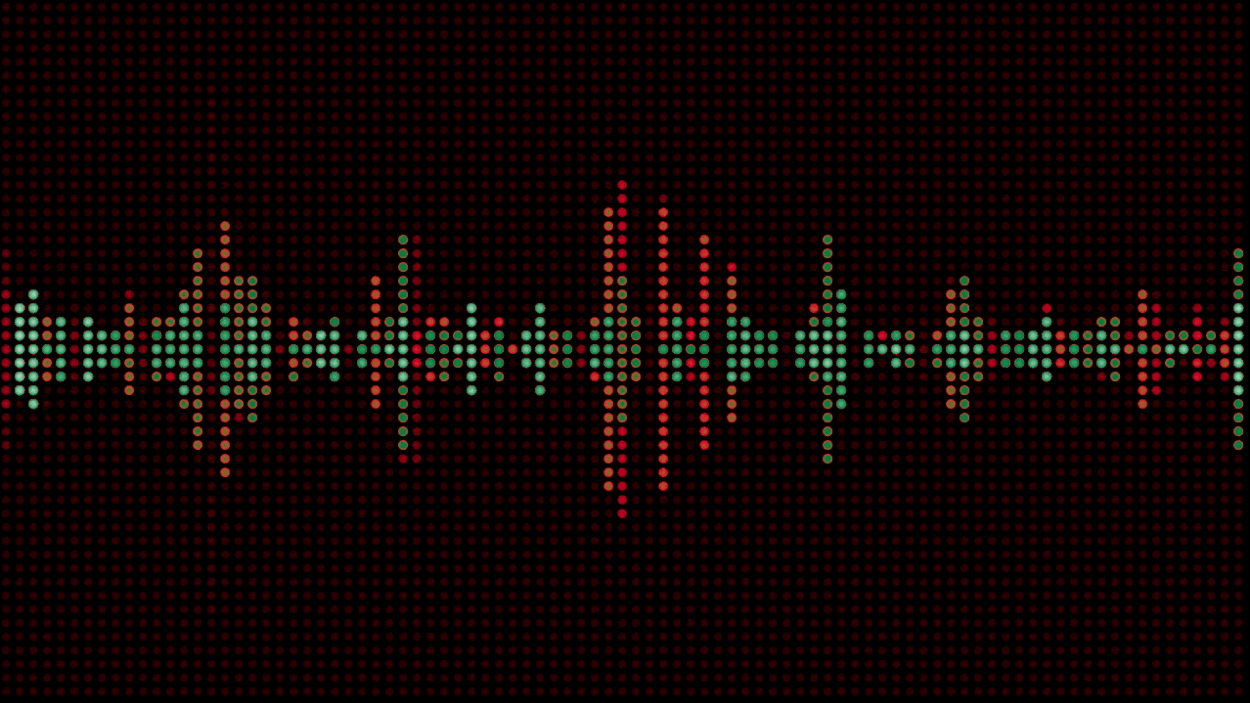Listen to the lullaby that neuroscientists and music therapists wrote for kids in Syria
For the past few months, every night at 8 p.m., local radio stations in Syria have played a special lullaby meant to replace the sounds of war with soothing music to calm children and help them fall asleep. Music therapists and neuroscientists at Spiritune, a music therapy app, worked in tandem with Syrian singer/songwriter Ghaliaa Chaker to develop the song, which is now available for streaming in the U.S.
The Syrian civil war began in 2011, and since then, about 4.8 million Syrian children have been born, according to UNICEF, meaning they’ve grown up only knowing the crisis. In total, UNICEF estimates some 12.3 million children have been affected by the conflict, including children within Syria, Syrian refugee children, and children in refugee host countries.
Spiritune launched its “Frequencies of Peace” lullaby project to provide soothing sounds to those children, and to highlight both the crisis and the potential of music’s healing powers. Music therapists and neuroscientists gave guidelines to Chaker, based on scientific findings of music’s ability to affect certain emotions.
Dan Bowling, an instructor at Stanford’s School of Medicine studying the biology of music, is the lead neuroscience advisor at Spiritune. While he was involved in the Syrian lullaby project, he says he wouldn’t take credit for the composition. “Our role was really in keeping it consistent with the features of lullaby that have been observed across cultures,” he says. If you’ve ever sung to a child to try to put them to sleep, he notes, you likely see them open their eyes if you change your pitch or start doing something new. “It’s really about calming, calming, calming.”
The lullaby started airing on Syrian airwaves on March 17, on Melody FM and Arabesque FM stations, and was made available on the Middle East streaming platform Anghami in May. Now, Spiritune plans to work with government officials to play the lullaby in refugee camps; it’s also available for streaming globally through Spiritune.
“Music is really deeply rooted in our nature. It’s a fundamental characteristic of our species,” Bowling says. “And its effects on the brain are a big deal. You can totally regulate your emotional status through music.” One study from Harvard found that lullabies help babies unwind, even when played in an unfamiliar language. Science has also shown that music can help you focus, and can help decrease anxiety.
Some of this may seem obvious to people who put on a specific song to guide their mood. And, in fact, Bowling says that artists have been ahead of the science in this regard. “Music is a very ancient technology for modulating mental health variables, and people do it everywhere,” he says. “It’s just very common, but it’s not in the mainstream of medicine, and I think that’s inappropriate because the truth is that the reason that it has these effects is because of real biological effects on the brain.” A lullaby may be a small thing in the context of the Syrian crisis, he adds, but it shows the larger role that music can have in helping children, and adults, feel calmer even in the midst of a crisis.
(35)



